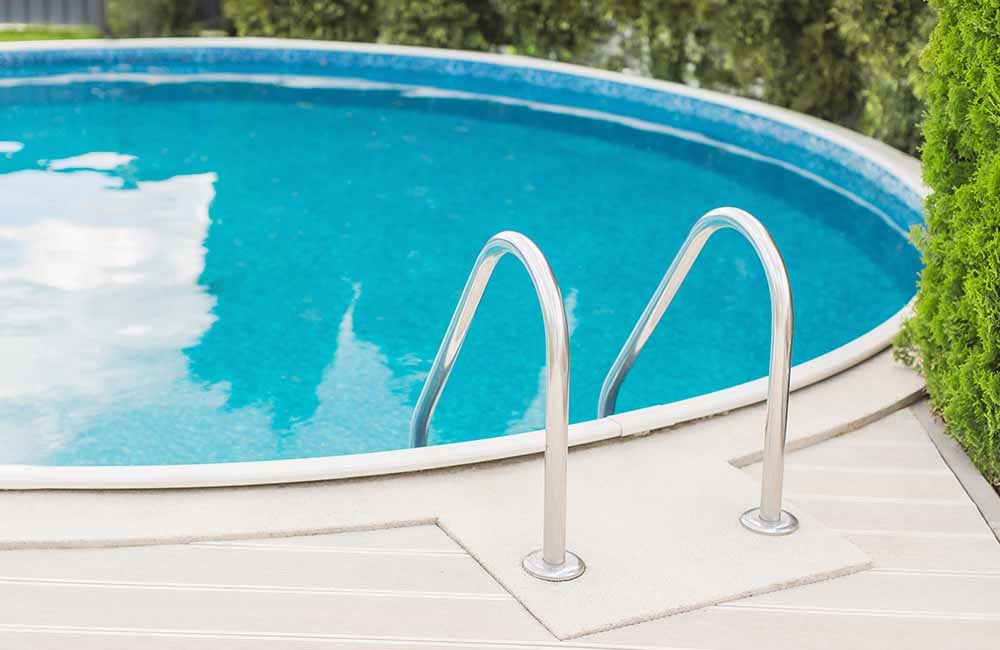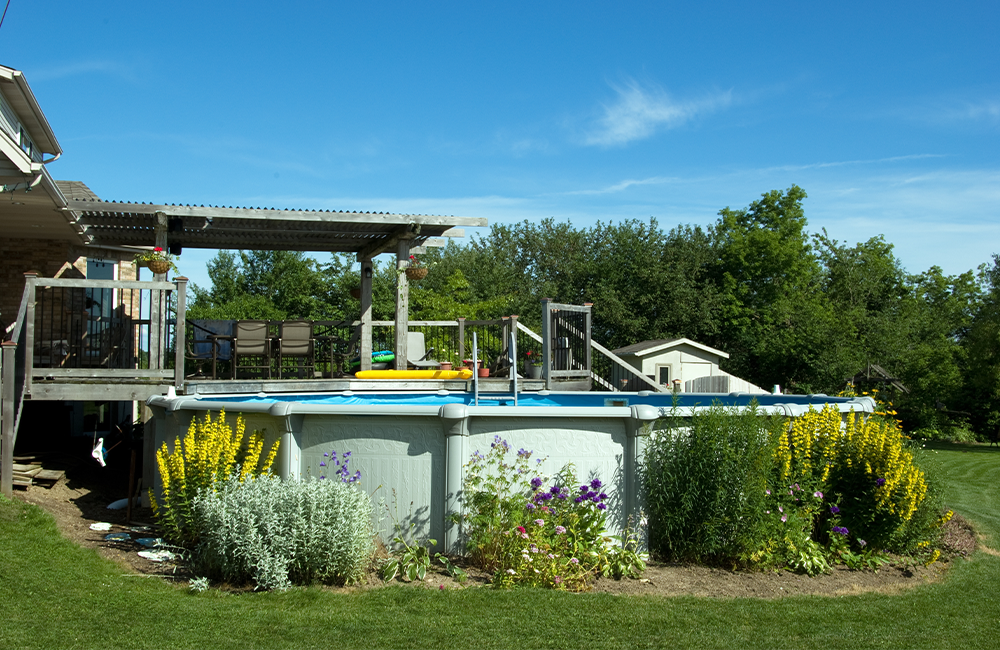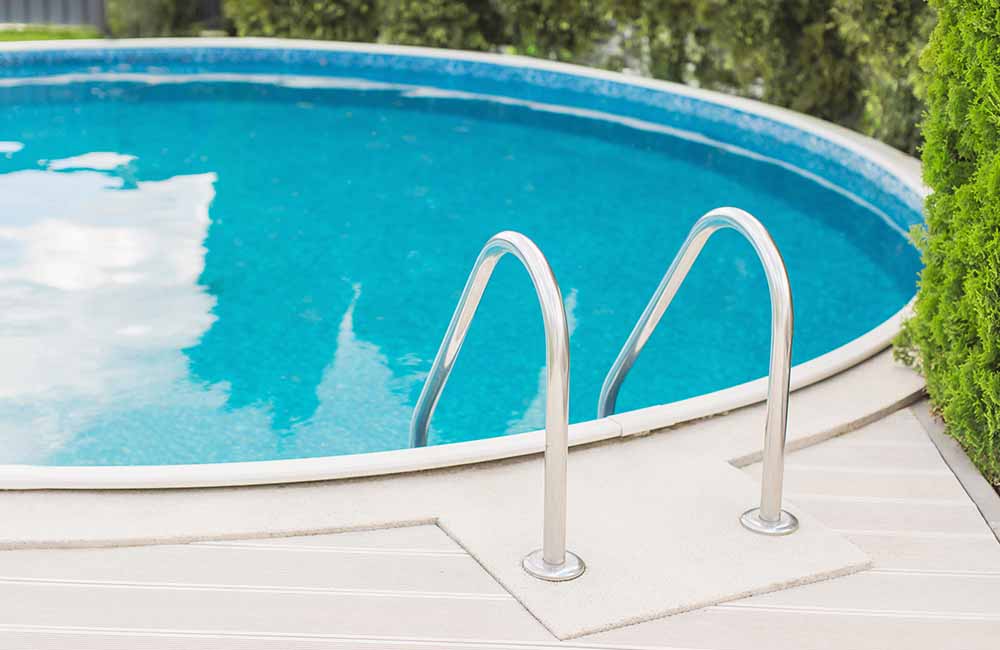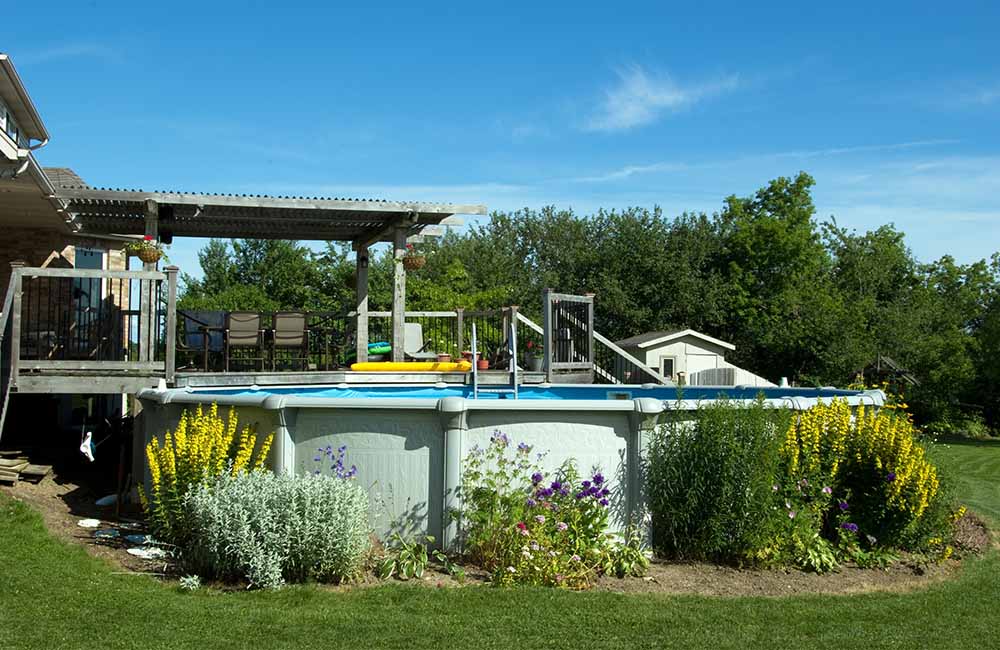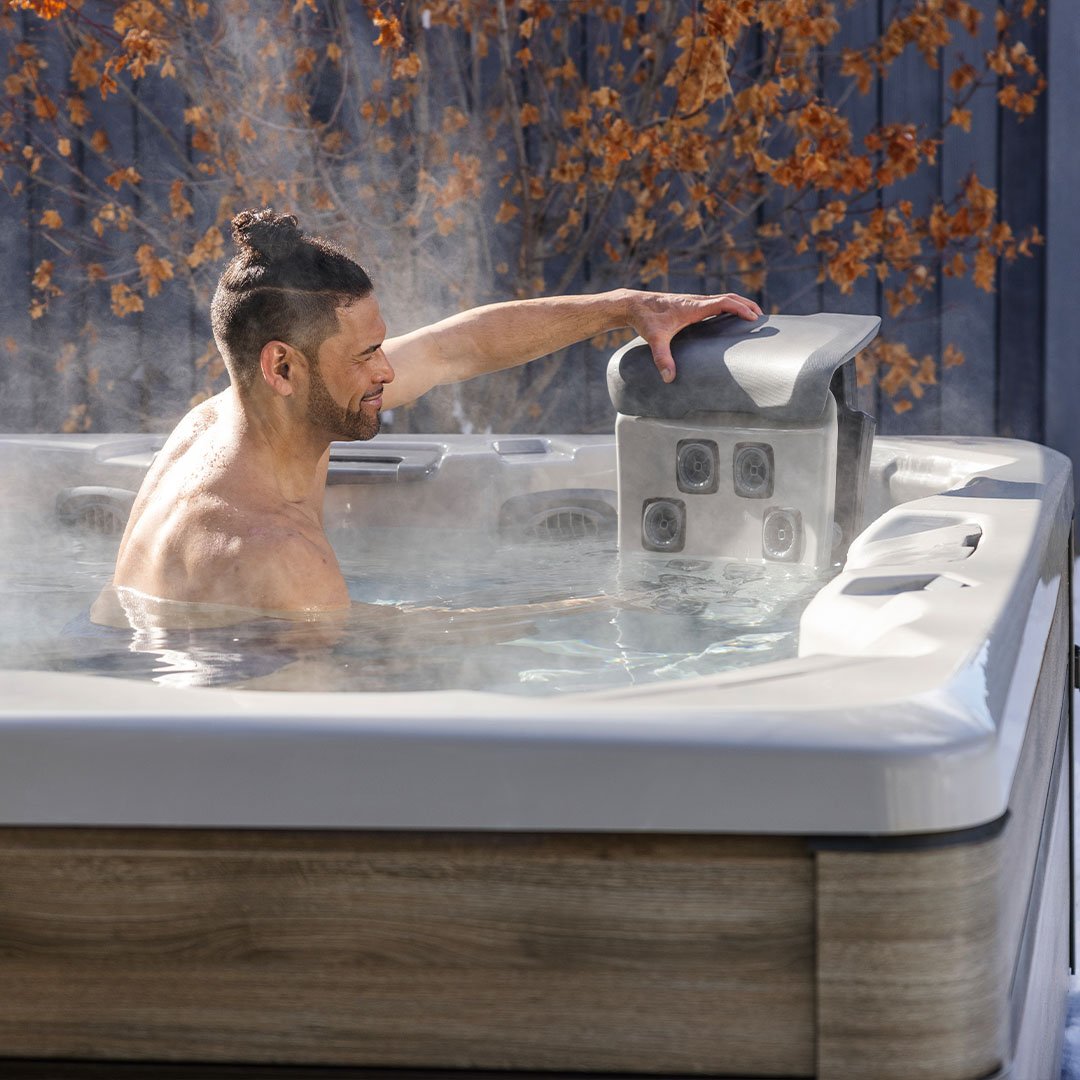Electric vs. Gas Above Ground Pool Heaters: Which Is Better for You?
When it comes to heating your above ground pool, choosing between an electric pool heater and a gas pool heater can make a big difference in comfort, cost, and efficiency. Whether you're looking to extend your swimming season or simply enjoy warmer water on cool days, understanding the differences between these two types of heaters will help you make the best investment for your home and climate.
In this guide, we’ll break down how electric and gas heaters work, compare their pros and cons, and help you determine the right choice for your above ground pool.
Topics: Pool - Above Ground Pools
What Is the Best Above Ground Pool? Here's Our Expert Pick
When searching for the best above ground pool, durability and long-term value matter most. Many pools look similar at first glance, but key differences in materials and construction can drastically affect how long your pool lasts—and how often you’ll need to repair or replace it.
In this guide, we’ll break down which type of above ground pool truly stands out, based on real-world performance and industry insights. Whether you're new to pools or upgrading from an older model, here's what you need to know before you buy.
Topics: Pool - Above Ground Pools
Above-ground pools are a popular backyard addition—but they’re often misunderstood. While they’re generally more affordable and easier to install than in-ground pools, many homeowners hesitate due to misconceptions about their upkeep.
Let’s clear up the confusion and debunk 7 common above-ground pool maintenance myths, so you can enjoy clean, clear water without unnecessary stress.
Choosing between an above-ground and inground pool is a big decision—but misinformation often clouds the facts. From durability and aesthetics to cost and customization, myths about both pool types can lead buyers down the wrong path. In this post, we’ll bust the most common myths and help you make an informed choice based on your lifestyle, budget, and backyard goals.
To dive even deeper into above-ground pool misconceptions, check out our related post: Above-Ground Pool Myths Debunked.
Above-Ground Pool Myths Debunked: What You Really Need to Know
When it comes to backyard swimming pools, above-ground options often get a bad rap. They're frequently seen as cheap, short-lived, or high-maintenance alternatives to in-ground pools. But how much of that is actually true? In this post, we’re setting the record straight by debunking the most common myths about above-ground pools. Whether you’re shopping for your first pool or just curious, you’ll walk away with a clearer—and more accurate—picture.
Our 39th annual Pool School sale kicked off on 4/29 — and we just drew the names of 100+ winners as a thank you!
Topics: Pool - Above Ground Pools
Our 39th annual Pool School sale kicked off on 4/29 — and we just drew the names of 100+ winners as a thank you!
Topics: Pool - Above Ground Pools
Our 39th annual Pool School sale kicked off on 4/29 — and we just drew the names of 100+ winners as a thank you!
Topics: Pool - Above Ground Pools
Do You Need to Childproof an Above Ground Pool by Law? What to Know
When summer hits and temperatures rise, an above ground pool is a go-to for family fun. But with fun comes responsibility—especially when children are around. A question many pool owners ask is: Are you legally required to childproof an above ground pool?
The answer is yes, in many cases, depending on your state or local laws, but also based on federal safety standards that exist to prevent accidents and drownings. In this article, we’ll break down what the law says, what safety measures are required or recommended, and how to make sure your pool is both fun and compliant.
Above ground pools offer a fun and convenient way to enjoy the water during warm months—but when you have children at home, they also present a serious safety concern. Drowning is a leading cause of accidental death for children under 5, and even shallow water can be dangerous without proper precautions.
If you're a parent, grandparent, or caregiver with an above ground pool in the yard, childproofing isn’t optional—it’s essential. In this post, we’ll walk you through practical, effective ways to secure your pool area and give you peace of mind.






